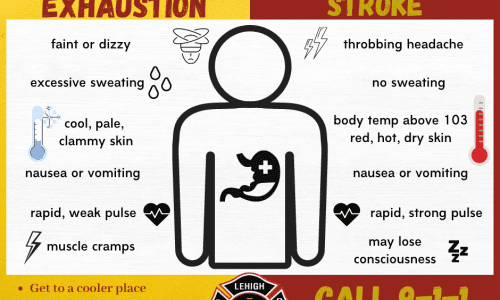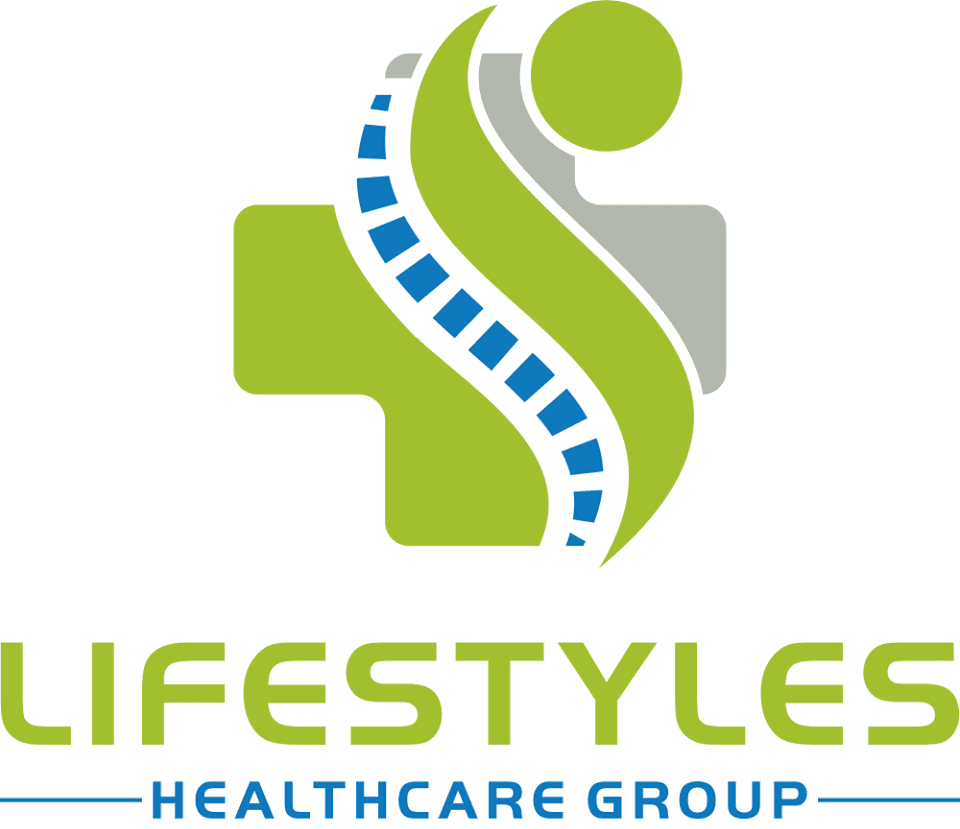Heat-related illnesses, like heat exhaustion or heat stroke, happen when the body is not able to properly cool itself. While the body normally cools itself by sweating, during extreme heat, this might not be enough. In these cases, a person’s body temperature rises faster than it can cool itself down. This can cause damage to the brain and other vital organs.
Summertime activity, whether on a playing field or a construction site, must be balanced with actions that help the body cool itself to prevent heat-related illness. The CDC breaks down tips for preventing heat-related illness into three categories; Stay Cool, Stay Hydrated, and Stay Informed.
Stay Cool
Wear Appropriate Clothing: Choose lightweight, light-colored, loose-fitting clothing.
Stay Cool Indoors: Stay in an air-conditioned place as much as possible. If your home does not have air conditioning, go to the shopping mall or public library—even a few hours spent in air conditioning can help your body stay cooler when you go back into the heat. Call your local health department to see if there are any heat-relief shelters in your area.
Schedule Outdoor Activities Carefully: Try to limit your outdoor activity to when it’s coolest, like morning and evening hours. Rest often in shady areas so that your body has a chance to recover.
Pace Yourself: Cut down on exercise during the heat. If you’re not accustomed to working or exercising in a hot environment, start slowly and pick up the pace gradually. If exertion in the heat makes your heart pound and leaves you gasping for breath, STOP all activity. Get into a cool area or into the shade, and rest, especially if you become lightheaded, confused, weak, or faint.
Wear Sunscreen: Sunburn affects your body’s ability to cool down and can make you dehydrated. If you must go outdoors, protect yourself from the sun by wearing a wide-brimmed hat, sunglasses, and by putting on sunscreen of SPF 15 or higher 30 minutes prior to going out. Continue to reapply it according to the package directions.
Stay Hydrated
Drink Plenty of Fluids: Drink more fluids, regardless of how active you are. Don’t wait until you’re thirsty to drink.
Replace Salt and Minerals: Heavy sweating removes salt and minerals from the body that need to be replaced. A sports drink can replace the salt and minerals you lose in sweat. If you are on a low-salt diet, have diabetes, high blood pressure, or other chronic conditions, talk with your doctor before drinking a sports beverage or taking salt tablets.
Stay Informed
Know the Signs: Learn the signs and symptoms of heat-related illnesses and how to treat them.
Use a Buddy System: When working in the heat, monitor the condition of your co-workers and have someone do the same for you. Heat-induced illness can cause a person to become confused or lose consciousness.
Monitor Those at High Risk: Although anyone at any time can suffer from heat-related illness, some people are at greater risk than others:
- Infants and young children
- People 65 years of age or older
- People who are overweight
- People who overexert during work or exercise
- People who are physically ill, especially with heart disease or high blood pressure, or who take certain medications, such as for depression, insomnia, or poor circulation
For more frequently asked questions about Extreme Heat, visit https://www.cdc.gov/disasters/extremeheat/faq.html.








